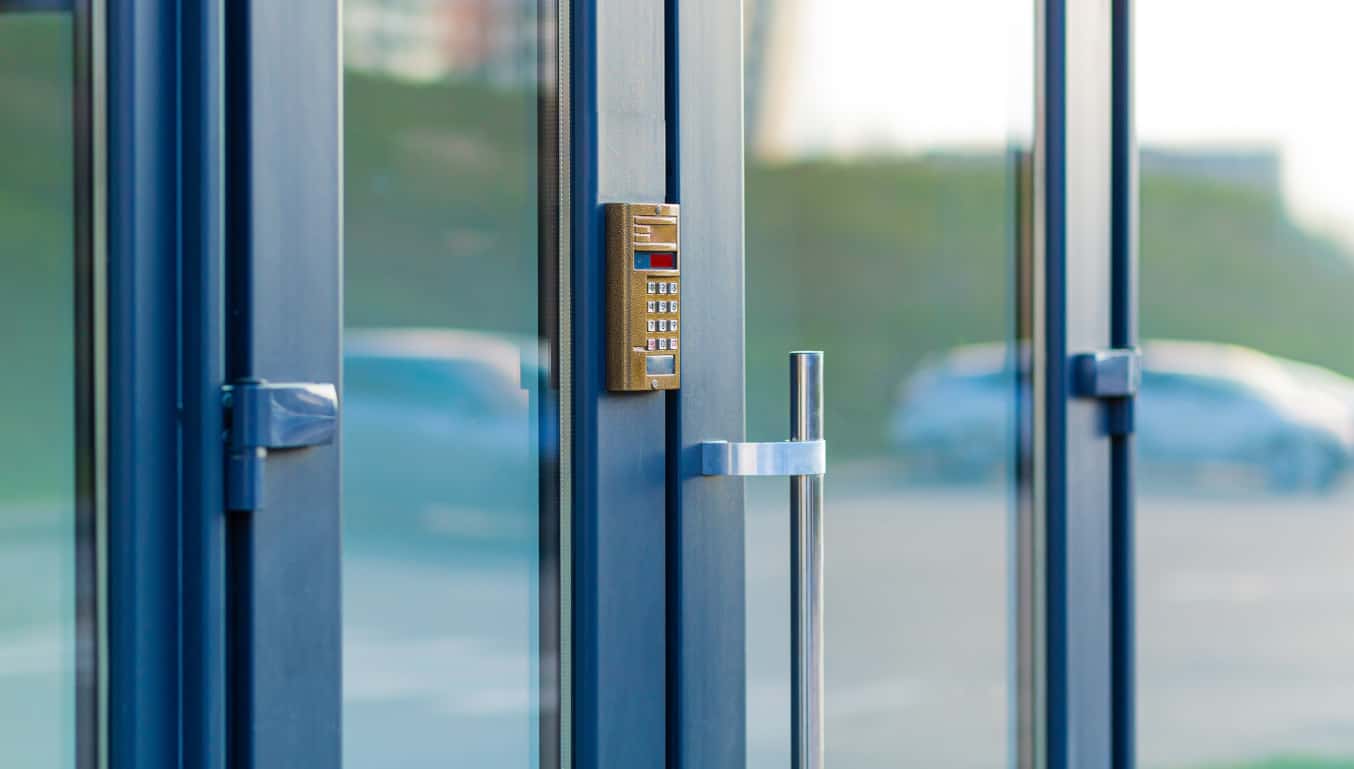The Home Office suspended all points-based system (PBS) sponsor compliance and assessment visits during the Covid-19 pandemic whilst lockdown restrictions were in effect.
Sponsor compliance visits have now resumed, and it appears that the Home Office is attempting to make up for lost time, with sponsor licence applications, renewals, and change of circumstance requests facing a higher level of scrutiny than before.
There are far-reaching consequences for sponsors who are found to be non-compliant with their sponsorship duties, including but not limited to a reduction or removal of their existing Certificate of Sponsorship (CoS) allocation, a downgrading of their licence to a B-rating (with a time-limited action plan for an A-rating to be re-instated), suspension of their licence, or in the worst case a complete revocation of their licence.
Furthermore, if during a sponsor visit Immigration officers discover evidence of illegal working, this will be referred to the Civil Penalties Compliance team and Immigration Compliance and Enforcement team, who are at liberty to issue a civil penalty of up to £20,000 for each illegal worker employed without a statutory excuse established.
There are two types of sponsor compliance visits the Home Office can make: 1) a pre-licence assessment visit and 2) a post-licence compliance visit.
A pre-licence assessment visit takes place on the business premises of an employer who has applied for a sponsor licence or who already has a sponsor licence and is applying for another category to be added to their licence. A post-licence compliance visit is carried out on the business premises of a sponsor who already holds a sponsor licence.
1) Pre-licence assessment visit
Not all businesses who apply for a sponsor licence will be subject to a pre-licence assessment visit, however pre-licence assessment visits are prioritised ahead of post-licence compliance visits within the Home Office. During a pre-licence assessment visit, Immigration officers will check the following:
- The business has adequate HR systems in place which enable them to carry out their sponsorship duties e.g., there are compliant processes for conducting right to work checks
- The number of migrant workers the business wishes to sponsor is appropriate to the size of their organisation
- Any areas of concern identified by the UKVI (UK Visas & Immigration) Sponsor Operations team as requiring further inspection in the sponsor licence application
- The business is genuinely able to offer sponsored employment at the correct skill and pay level as required under the Immigration Rules
- Whether there is any evidence that the business would pose a threat to immigration control
Sponsor compliance visits have now resumed, and it appears that the Home Office is attempting to make up for lost time, with sponsor licence applications, renewals, and change of circumstance requests facing a higher level of scrutiny than before.
2) Post-licence compliance visit
Post-licence compliance visits occur for various reasons and are normally triggered following intelligence received about the sponsor, the sponsor issuing a certain number of CoS’ to migrant workers, or the sponsor applying for a renewal of their licence.
Post-licence compliance visits can also take place as part of a joint operation with another department of the Home Office. During a post-licence compliance visit, Immigration officers will assess the following:
- The sponsor’s HR systems to ensure the sponsorship duties are being met
- Whether sponsored workers were recruited to fill genuine vacant roles with skill and pay levels which meet the requirements of the Immigration Rules
- Whether the sponsor continues to have a trading presence in the UK
- Whether the original number of CoS’ requested on the licence application or annual CoS allocation request is still justified
- Whether the sponsored workers are complying with the conditions of their visas
- Whether the sponsor’s activities pose a threat to immigration control
Even if the Key Personnel listed on a sponsor licence (Authorising Officer, Key Contact, Level 1/2 users) are not present at the time of a visit, the visit will still take place and Immigration officers will speak to any owners, directors, or staff involved in the daily running of the business in their absence.
Both pre-licence assessment visits and post-licence compliance visits can be made either announced (with notice) or unannounced (no notice given) and sponsors must, on demand, provide Immigration officers with full access to any of their premises or sites under their control.
If a sponsor does not provide immediate access to Immigration officers, this may result in their licence application being refused or their licence being revoked. Sponsor visits can be announced but will be unannounced where intelligence has been received about the sponsor. The Sponsor Operations team has requested it be unannounced to achieve more accurate results, or there were serious concerns discovered in a previous visit which warrant an unannounced visit.
In most cases, sponsor visits are unannounced as the Home Office does not want the sponsor to have an opportunity to alter their working environment for the purpose of the visit. It is important to note that Immigration officers do not have the authority to force entry into a sponsor’s business premises.
Migrant checks and interviews
During a post-licence compliance visit, checks will be made on the documents held on file for sponsored migrant workers.
As a general rule, at least 10% of all sponsored workers’ documents will be checked. Where there are three or more sponsored workers, a minimum of three worker’s files will be checked. Where there are fewer than three sponsored workers, all files will be checked.
Where there are over 150 sponsored workers, a minimum of 15 worker’s files will be checked. Immigration officers may request to see payslips, company bank statements, copies of passports and BRPs (Biometric Residence Permit), copies of CoS’, employee attendance records, etc.
Additionally, migrant workers will be interviewed by Immigration officers to verify the information on their CoS and details recorded on the Sponsorship Management System (SMS). A minimum of three sponsored migrants will be interviewed where possible and additional interviews may be requested.
A sponsor’s responsibility for a migrant worker starts on the day their CoS is assigned and only ends if they notify the Home Office of the termination of their sponsorship, the sponsored worker leaves the UK and their visa expires, or the migrant acquires sponsorship elsewhere or switches to a different immigration category.
The role of a sponsor should not be taken lightly, and businesses who hold a sponsor licence should always ensure that they are able to welcome a visit from the Home Office. Internal audits and mock visits should also be carried out regularly.




